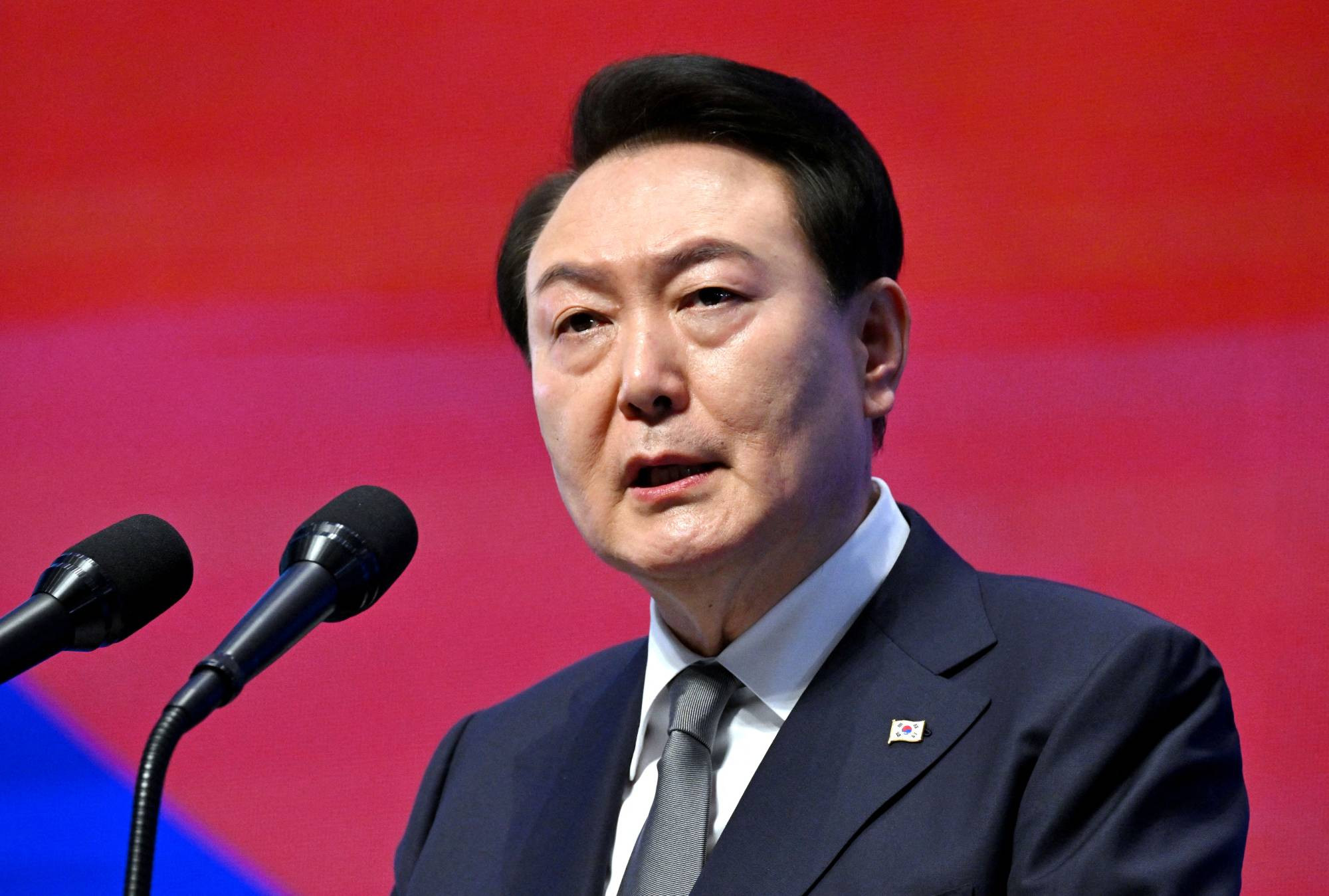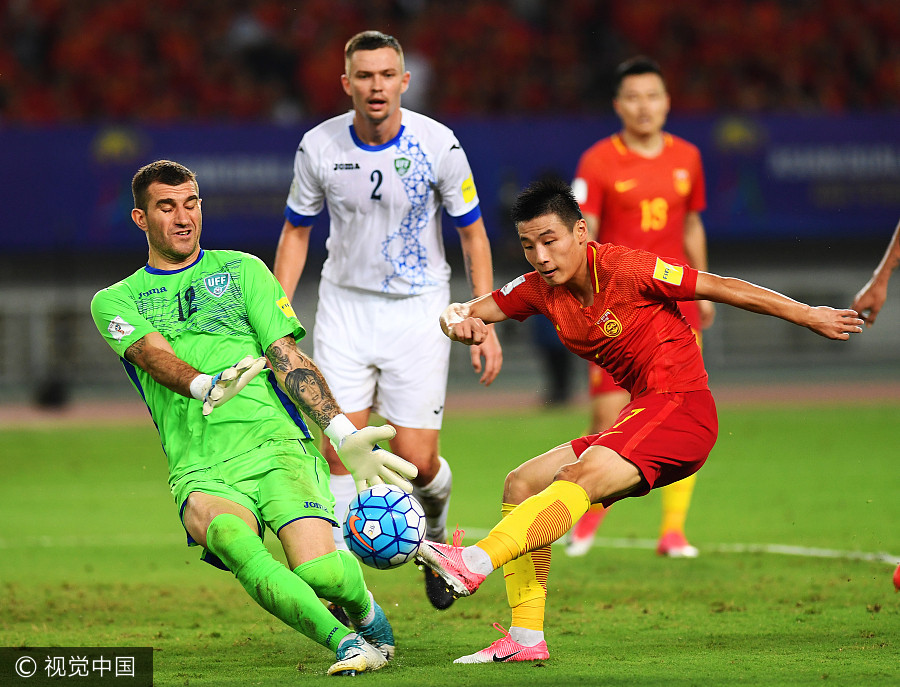South Korea's Unprecedented Martial Law Declaration
South Korean President Yoon Suk Yeol's surprise announcement of martial law late Tuesday night sent shockwaves across the nation and the globe. This dramatic move, the first of its kind since the 1980s, has plunged a vibrant democracy into uncharted territory, sparking widespread confusion and international concern. The President's justification centers on safeguarding the country from perceived threats emanating from both North Korea and the domestic political opposition.
The President's Justification and Opposition Backlash
In a televised address, President Yoon framed his decision as a necessary measure to counter what he termed "communist forces" in North Korea and to quell perceived anti-state activities within the country. He specifically cited the opposition Democratic Party's repeated attempts to impeach government officials and their rejection of a key budget bill as contributing factors to this decision. This justification, however, has been met with fierce criticism from the opposition, which holds a majority in parliament. Opposition leader Lee Jae-myung has condemned the declaration, calling it an “enormous overreaction” and a blatant political maneuver. He urged citizens to join him at the National Assembly to challenge the decree. Television footage even depicted clashes between authorities and parliament members outside the National Assembly building in Seoul, highlighting the level of tension and political division gripping the nation.
Political Tensions and Impasse
The political climate in South Korea has been increasingly tense in recent months. The ruling People Power Party and the opposition Democratic Party have been locked in a bitter power struggle, marked by impeachment attempts, budget disputes, and various scandals that have further inflamed the situation. President Yoon’s decision, therefore, has been interpreted by many as a highly aggressive response to these mounting political challenges, rather than a genuine response to a national security threat. The unprecedented nature of declaring martial law, particularly in a country with a long history of peaceful transitions of power and vibrant democracy since the late 1980s, has raised considerable alarm among international observers.
International Reactions and Analysis
The international community has reacted with a mixture of surprise and concern. Experts have described the move as “frankly bizarre” and an “enormous overreaction,” questioning the President’s motives and the legitimacy of the declaration. John Nilsson-Wright of Cambridge University’s Japan and Koreas Programme noted the absence of visible signs typically associated with martial law, such as significant troop deployments or restrictions on movement. This lack of visible enforcement, he pointed out, adds to the uncertainty and raises serious questions about the long-term implications of President Yoon’s actions. The US administration, while stating that it is monitoring the situation closely and in contact with the South Korean government, has refrained from immediate condemnation. However, the fact that this major regional US ally is now under military rule will not be taken lightly. This crisis is not simply an internal matter, as many fear the ripple effect on the geopolitical landscape.
Economic Impact and Uncertainty
The declaration of martial law has already sent shockwaves through the South Korean economy. The South Korean won plummeted against the US dollar, reaching a two-year low. Shares of major Korean firms listed on US exchanges also experienced significant drops, reflecting the market’s anxiety about the uncertain political and economic future. Experts predict potential negative consequences for foreign investment and overall economic stability as long as the martial law remains in effect, as such uncertainty is likely to deter international actors.
The Road Ahead: Uncertainty and Unanswered Questions
The duration of martial law remains uncertain. South Korean law stipulates that it can be lifted with a parliamentary majority vote – a hurdle the President may face given the opposition's strong showing in recent elections and their clear opposition to his decree. The coming days and weeks will be critical in determining the course of events, as the nation grapples with the profound implications of this unprecedented political gamble. This situation underscores not only a crisis in South Korean politics but also the complex and evolving nature of democracy in East Asia. Further developments will be closely watched by international observers and commentators alike. The situation remains fluid and extremely volatile.
The people of Seoul are exhibiting a wide range of reactions, from stunned disbelief to determined resistance. The long-term consequences of President Yoon’s decision are yet to be seen, but it has undoubtedly ushered in a period of profound uncertainty for South Korea and its place in the global community. The long-term impact on South Korea’s international standing and economy also remain unclear. Many questions remain unanswered, only time will tell what the ultimate cost will be for both the South Korean people and the international community.

















